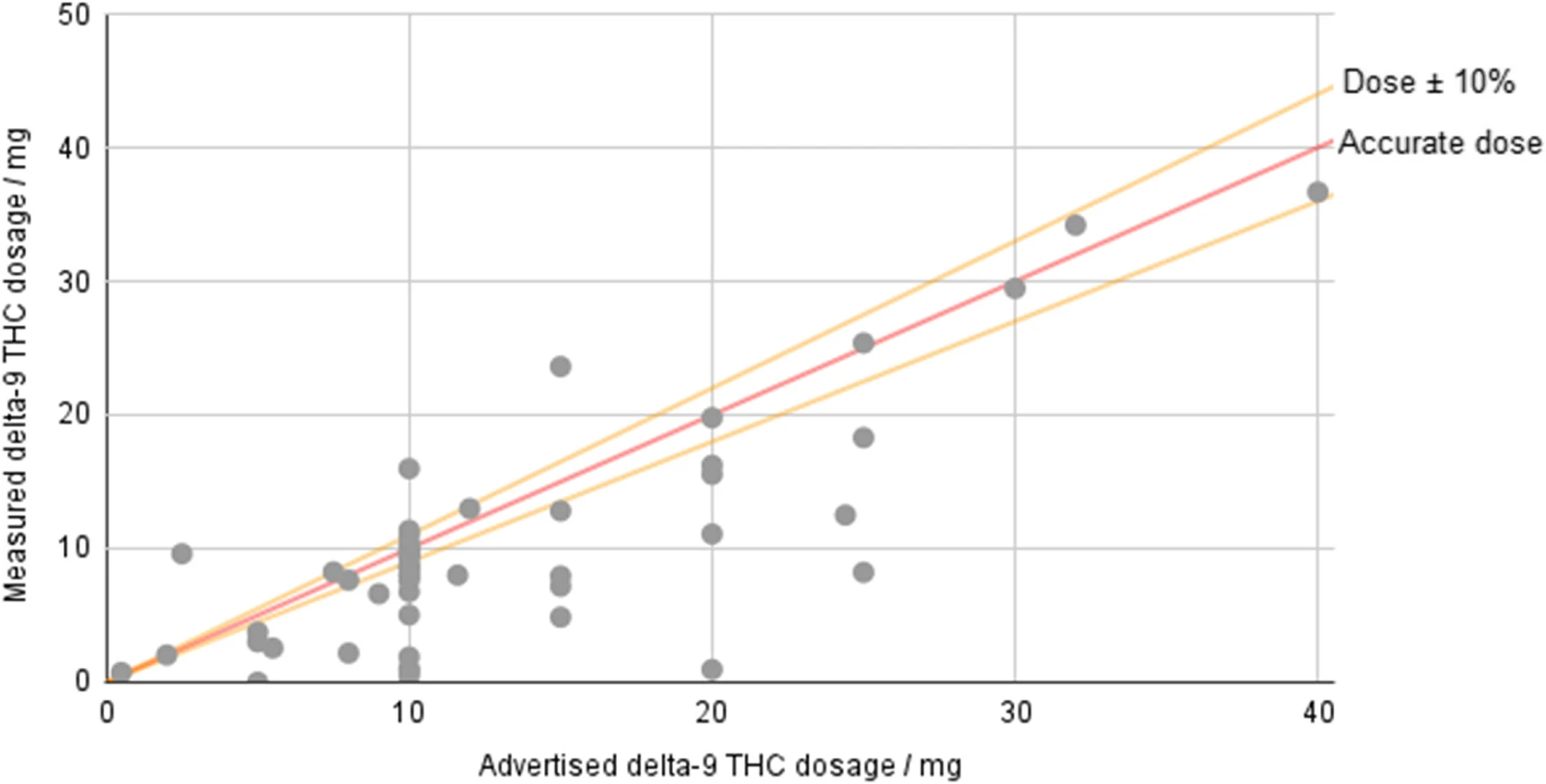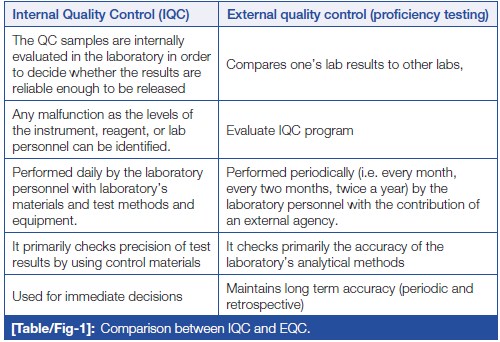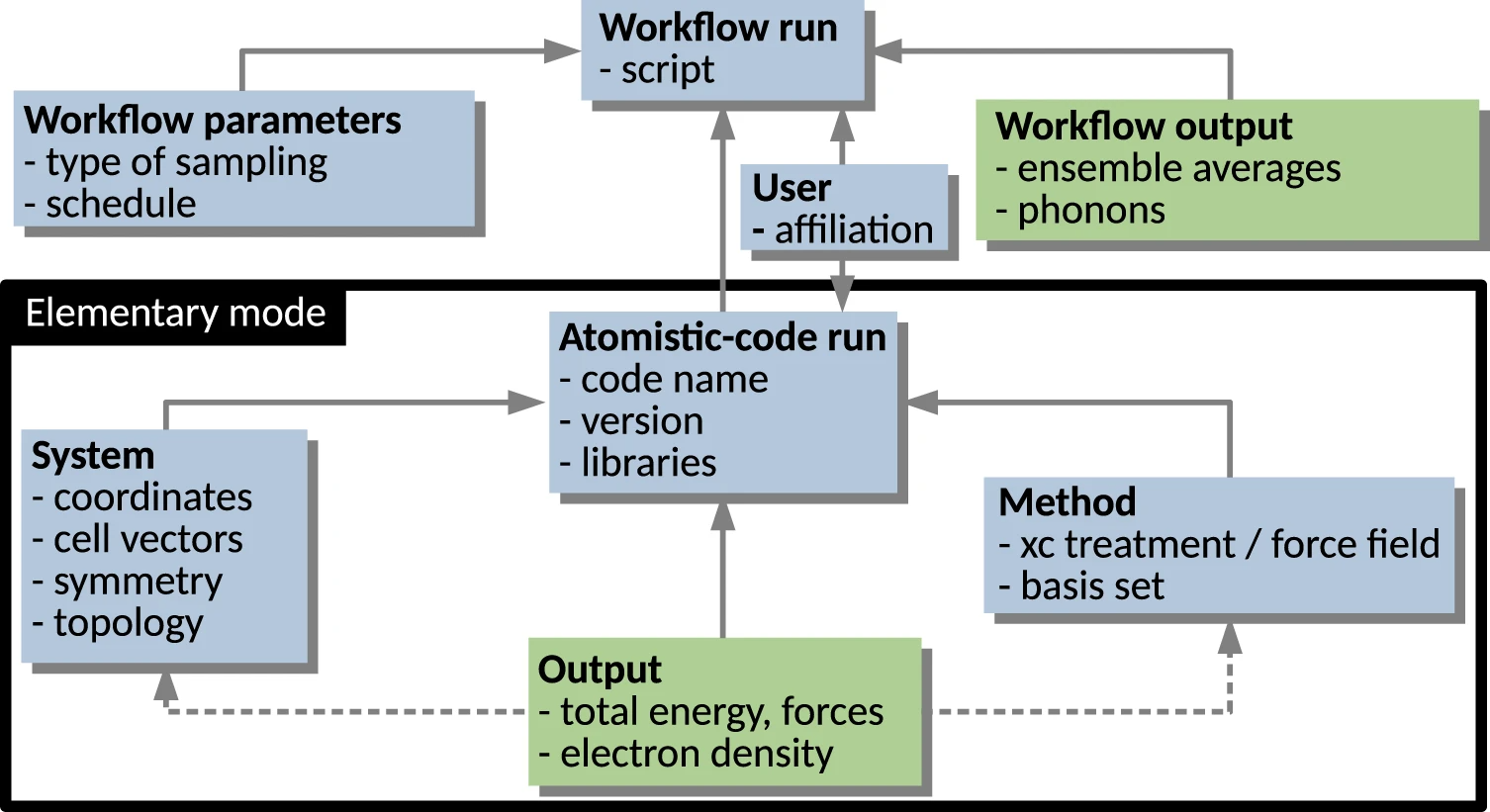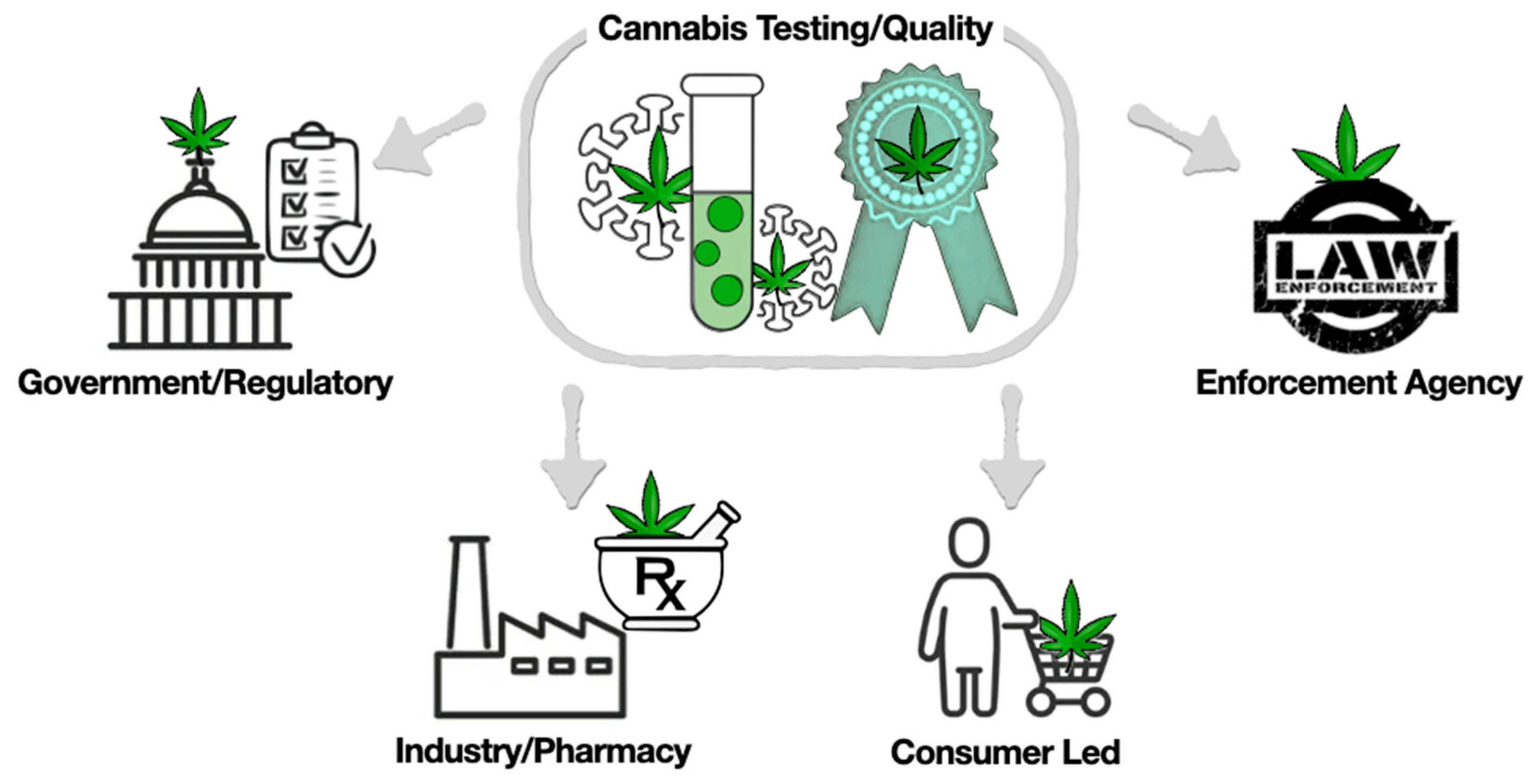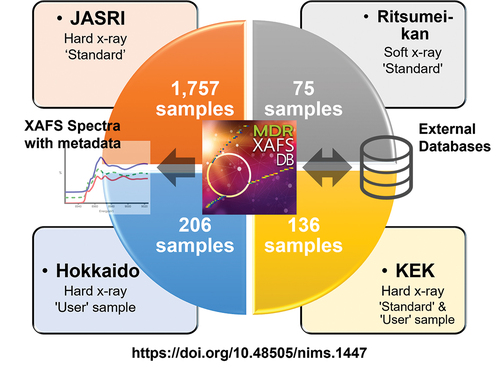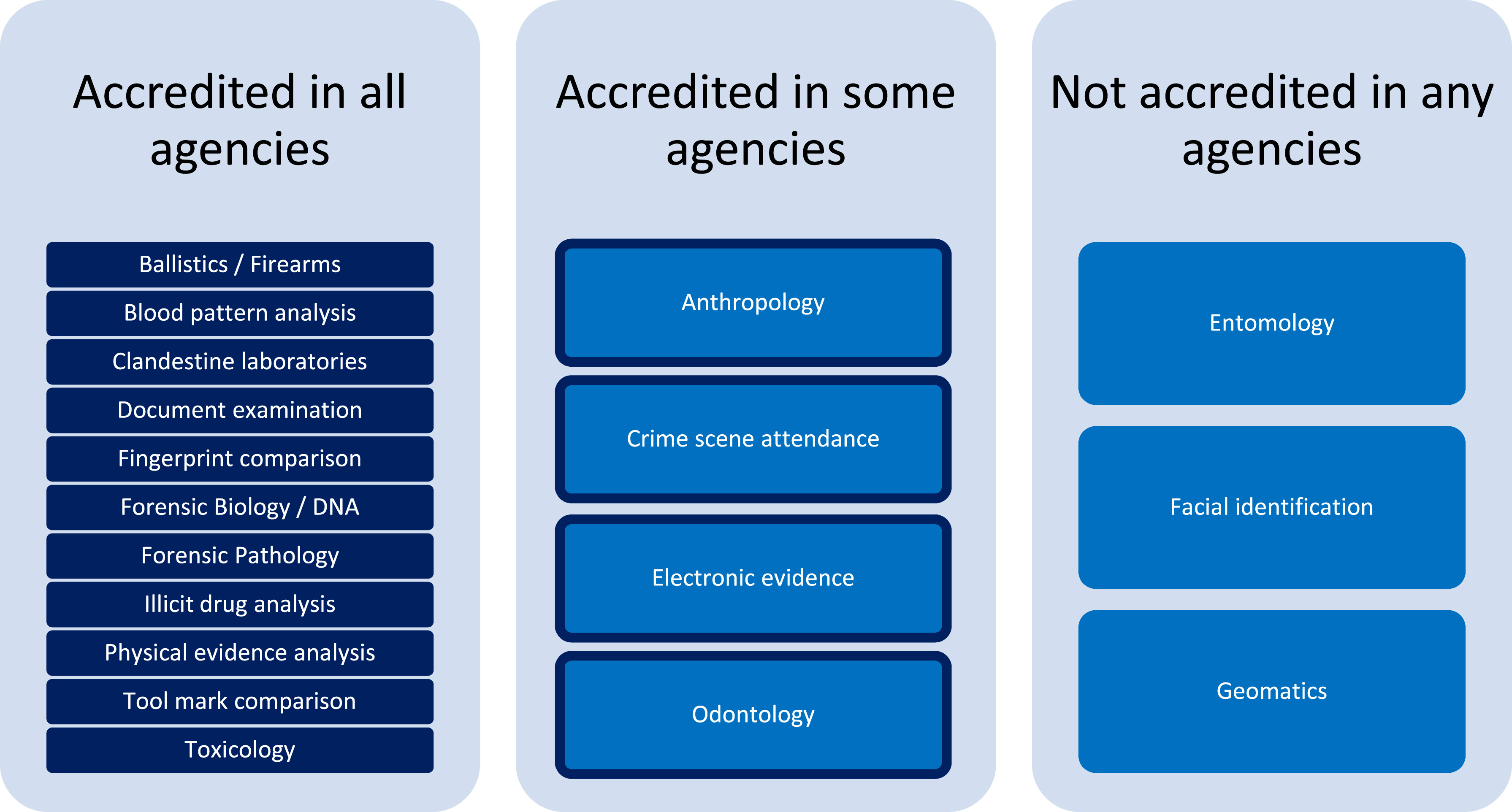Difference between revisions of "Main Page/Featured article of the week/2024"
Shawndouglas (talk | contribs) (Added last week's article of the week) |
Shawndouglas (talk | contribs) (Added last week's article of the week) |
||
| Line 17: | Line 17: | ||
<!-- Below this line begin pasting previous news --> | <!-- Below this line begin pasting previous news --> | ||
<h2 style="font-size:105%; font-weight:bold; text-align:left; color:#000; padding:0.2em 0.4em; width:50%;">Featured article of the week: February 05–11:</h2> | <h2 style="font-size:105%; font-weight:bold; text-align:left; color:#000; padding:0.2em 0.4em; width:50%;">Featured article of the week: February 12–18:</h2> | ||
<div style="float: left; margin: 0.5em 0.9em 0.4em 0em;">[[File:Fig3 Johnson JofCannRes23 5.png|240px]]</div> | |||
'''"[[Journal:Potency and safety analysis of hemp-derived delta-9 products: The hemp vs. cannabis demarcation problem|Potency and safety analysis of hemp-derived delta-9 products: The hemp vs. cannabis demarcation problem]]"''' | |||
[[Hemp]]-derived [[Tetrahydrocannabinol|delta-9-tetrahydrocannabinol]] (Δ<sup>9</sup>-THC) products are freely available for sale across much of the USA, but the federal legislation allowing their sale places only minimal requirements on companies. Products must contain no more than 0.3% Δ<sup>9</sup>-THC by dry weight, but no limit is placed on overall dosage, and there is no requirement that products derived from hemp-based Δ<sup>9</sup>-THC be tested. However, some states—such as Colorado—specifically prohibit products created by “chemically modifying” a natural hemp component. Fifty-three hemp-derived Δ<sup>9</sup>-THC products were ordered and submitted to InfiniteCAL [[laboratory]] for analysis ... ('''[[Journal:Potency and safety analysis of hemp-derived delta-9 products: The hemp vs. cannabis demarcation problem|Full article...]]''')<br /> | |||
|- | |||
|<br /><h2 style="font-size:105%; font-weight:bold; text-align:left; color:#000; padding:0.2em 0.4em; width:50%;">Featured article of the week: February 05–11:</h2> | |||
<div style="float: left; margin: 0.5em 0.9em 0.4em 0em;">[[File:Fig1 Sbailò npjCompMat22 8.png|240px]]</div> | <div style="float: left; margin: 0.5em 0.9em 0.4em 0em;">[[File:Fig1 Sbailò npjCompMat22 8.png|240px]]</div> | ||
'''"[[Journal:The NOMAD Artificial Intelligence Toolkit: Turning materials science data into knowledge and understanding|The NOMAD Artificial Intelligence Toolkit: Turning materials science data into knowledge and understanding]]"''' | '''"[[Journal:The NOMAD Artificial Intelligence Toolkit: Turning materials science data into knowledge and understanding|The NOMAD Artificial Intelligence Toolkit: Turning materials science data into knowledge and understanding]]"''' | ||
Revision as of 17:09, 20 February 2024
|
|
If you're looking for other "Article of the Week" archives: 2014 - 2015 - 2016 - 2017 - 2018 - 2019 - 2020 - 2021 - 2022 - 2023 - 2024 |
Featured article of the week archive - 2024
Welcome to the LIMSwiki 2024 archive for the Featured Article of the Week.
Featured article of the week: February 12–18:Hemp-derived delta-9-tetrahydrocannabinol (Δ9-THC) products are freely available for sale across much of the USA, but the federal legislation allowing their sale places only minimal requirements on companies. Products must contain no more than 0.3% Δ9-THC by dry weight, but no limit is placed on overall dosage, and there is no requirement that products derived from hemp-based Δ9-THC be tested. However, some states—such as Colorado—specifically prohibit products created by “chemically modifying” a natural hemp component. Fifty-three hemp-derived Δ9-THC products were ordered and submitted to InfiniteCAL laboratory for analysis ... (Full article...)
|
